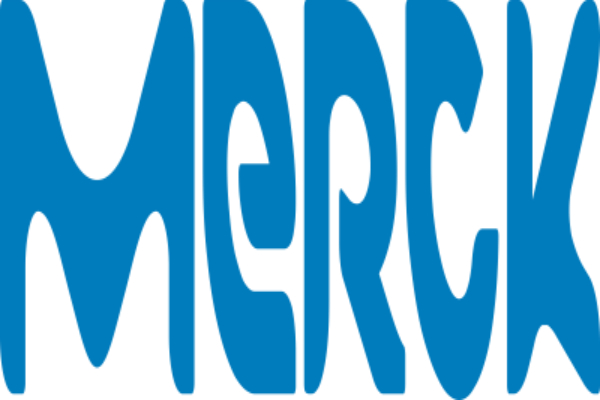Competencies and expertise of Merck, Siemens, Intel, TRUMPF, and ZEISS play a key role in advancing AI

Merck KGaA, a leading science and technology company, today invited leading representatives from the semiconductor industry to Darmstadt to come together and discuss the role of Germany and Europe in this global industry.
With world-leading technologies and solutions in materials, lasers, optics, electronics, chip design software, and smart manufacturing, companies such as Merck, Siemens, Intel, TRUMPF, and ZEISS make a significant contribution to manufacturing powerful semiconductors, especially for AI applications.
Close collaboration between European companies throughout the value chain can help drive new technological advancements even more quickly while meeting the stringent demands of chip manufacturing at the same time.
“At Merck, innovations take place at the atomic level. We start small to make a big impact – beyond our own company. Europe’s role in the global semiconductor industry is much greater than is often assumed. However, industry and political players need to pool their strengths more in Europe in order to influence the global semiconductor and AI market,” commented Kai Beckmann, Member of the Executive Board of Merck and CEO Electronics.
The demonstrative alliance of the semiconductor industry in Germany initiated by Merck emphasized the necessity of strategically realigning Europe’s role in the global market.
“We need to leverage the hidden technological strengths of the European chip ecosystem in order to actively shape the AI era,” explained Cedrik Neike, Member of the Managing Board of Siemens AG and CEO of Digital Industries. “Semiconductors form the interface between the real and the digital world. As a leading provider of chip design software, industrial software, and automation technology, we support our customers from the very first chip design, through production in high-tech factories, all the way to the application of advanced industrial AI solutions.”
Europe is not yet on a sufficiently strong footing in the areas of leading AI technologies and cutting-edge semiconductor manufacturing. Building regional production capacities for a competitive European semiconductor ecosystem will also mean strategically strengthening local demand. Challenges such as a shortage of specialist staff and infrastructural deficits must be addressed alongside the economic framework conditions – including competitive energy costs, a reduction of regulatory and bureaucratic hurdles and significantly accelerated approval procedures.
“Intel is contributing its technological experience to Europe in order to drive the digital transformation together with the fields of industry, science and politics. Our goal is to provide bespoke and pioneering technologies that meet the specific requirements of our customers. With our technological expertise and many years of experience, we are helping to build a robust, innovative and sustainable chip ecosystem in Europe – which will provide the basis for greater competitiveness and independence alongside resilient supply chains,” said Sonja Pierer, Country Manager, Germany, Intel Corporation.
“TRUMPF is driving efficiency and sustainability in the semiconductor industry with high-performance lasers and electronics for plasma processes. With our innovations, we have been one of the key suppliers of this key industry for many years. German and European politics must now continue to pursue their industrial policy path consistently. We need attractive conditions to do business so that we can continue to play a decisive role in global competition in the future. On the part of the industry, we support this course with innovative technology. We must, want and can further strengthen our position. By working hand in hand with semiconductor equipment manufacturers, materials experts and chip designers, we can further expand our technology leadership in Europe and set standards worldwide,” said Berthold Schmidt, Member of the Managing Board and Chief Technology Officer TRUMPF.
“Around 80% of all microchips worldwide are manufactured using ZEISS optics – which means we are truly at the heart of global digitalization. The future will also mean teamwork, because the areas in which we research, develop and manufacture demand it. This is the only way to meet the complex challenges of modern microchip development and manufacturing,” underlined Thomas Stammler, Chief Technology Officer, ZEISS Semiconductor Manufacturing Technology.
Subscribe to our newsletter & stay updated.